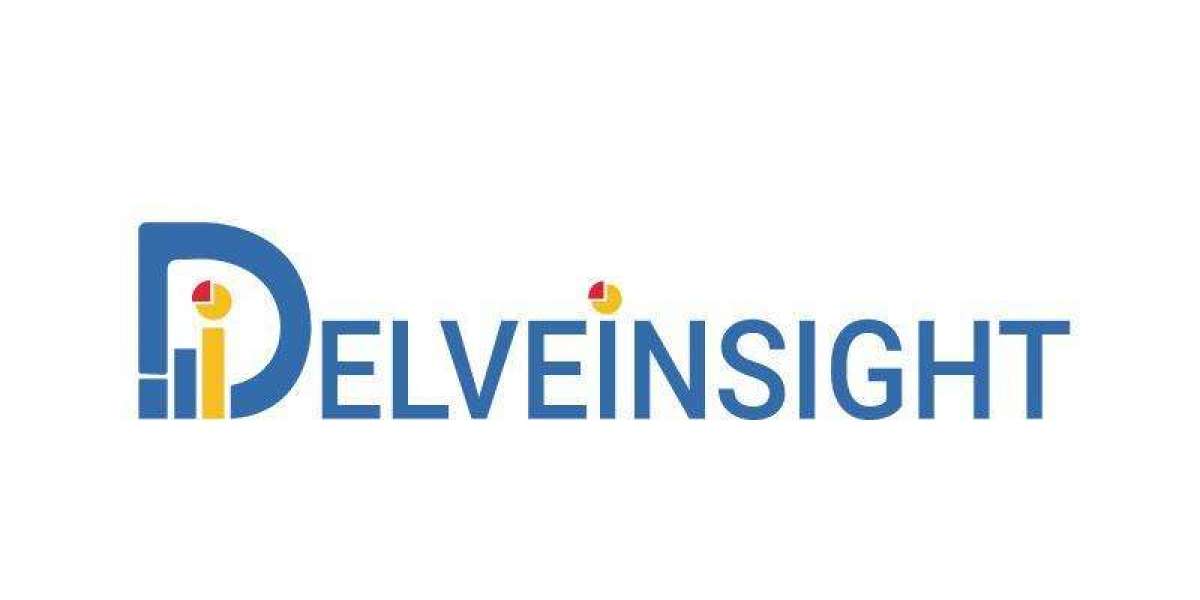The CD-38 market has gained significant traction as a focal point for targeted therapies in oncology and beyond. With its critical role in immune cell regulation and its implications in multiple disease pathways, CD-38 has become an essential therapeutic target. DelveInsight's latest analysis delves into the current trends, innovative developments, key players, and future prospects shaping the CD-38 market.
Understanding CD-38 Market and Its Therapeutic Significance
CD-38, or Cluster of Differentiation 38, is a multifunctional glycoprotein predominantly expressed on immune cells such as plasma cells, T cells, and natural killer (NK) cells. Its involvement in immune signaling, calcium regulation, and NAD+ metabolism makes it a strategic target in diseases like multiple myeloma, chronic lymphocytic leukemia (CLL), and other hematological malignancies. Beyond oncology, CD-38's role in autoimmune and metabolic disorders is also gaining attention.
Key Growth Drivers in the CD-38 Market
Rising Prevalence of Hematologic Malignancies
The increasing incidence of multiple myeloma and other blood cancers has escalated the demand for effective CD-38-targeted therapies. Improved diagnostic capabilities have also contributed to identifying these diseases earlier, boosting the adoption of advanced treatments.Success of Monoclonal Antibodies
- Daratumumab (Darzalex): A leading therapy by Janssen Pharmaceuticals, known for its efficacy in treating multiple myeloma across different stages of the disease.
- Isatuximab (Sarclisa): Developed by Sanofi, this CD-38 monoclonal antibody has expanded treatment options for relapsed or refractory multiple myeloma.
Advances in Combination Therapies
CD-38 inhibitors combined with immunomodulators, proteasome inhibitors, or corticosteroids have demonstrated enhanced efficacy and durability in clinical outcomes.Emerging Non-Oncology Applications
Research exploring CD-38 in autoimmune diseases like systemic lupus erythematosus and neurodegenerative conditions such as Alzheimer’s disease highlights the growing scope of its therapeutic applications.
Challenges in the CD-38 Market
- Cost of Treatment: The high price of CD-38-targeting therapies, particularly monoclonal antibodies, limits accessibility in many regions.
- Resistance Development: Resistance to CD-38 therapies remains a clinical challenge, necessitating ongoing innovation.
- Adverse Events: Infusion-related reactions and immune suppression are notable side effects requiring careful management.
Pipeline Innovations and Emerging Therapies
The CD-38 market pipeline features cutting-edge developments that promise to overcome current limitations:
- Antibody-Drug Conjugates (ADCs): By linking antibodies to cytotoxic drugs, ADCs deliver targeted cancer cell destruction while sparing healthy tissues.
- Bispecific Antibodies: These therapies engage T cells or NK cells to directly attack CD-38-expressing tumors, enhancing immune system involvement.
- CD-38-Targeted CAR-T Cells: Chimeric antigen receptor T-cell therapies are being developed to treat refractory cancers with impressive specificity and efficacy.
Competitive Landscape
Key players driving the CD-38 market include:
- Janssen Pharmaceuticals: Pioneering the field with Daratumumab, which remains a gold standard in CD-38 targeting therapies.
- Sanofi: Strengthening the market with Isatuximab and ongoing pipeline developments.
- Other Notables: Companies like AbbVie, Amgen, Roche, and Regeneron Pharmaceuticals are actively exploring next-generation CD-38 therapies.
Future Trends and Market Outlook
Broadening Indications
Expanding research into non-oncological diseases such as autoimmune disorders and metabolic syndromes is expected to diversify the therapeutic landscape.Global Expansion
Growth in emerging markets, coupled with collaborations and licensing agreements, will increase accessibility to CD-38-targeted therapies.Personalized Medicine
Advances in diagnostic tools and biomarkers will enable tailored treatments, improving outcomes and minimizing side effects.Innovative Delivery Mechanisms
Efforts to develop subcutaneous or oral formulations aim to enhance patient convenience and compliance.
Conclusion
The CD-38 market represents a dynamic and rapidly evolving therapeutic space. While current therapies like Daratumumab and Isatuximab have revolutionized cancer care, ongoing innovation in combination regimens, CAR-T therapies, and ADCs promises a transformative impact across multiple disease areas.
DelveInsight’s comprehensive report on the CD-38 market provides valuable insights into the latest trends, challenges, and opportunities, offering a roadmap for stakeholders navigating this competitive landscape.
List of the Top Selling Market Research Reports in 2024
- Pacemakers Market
- Seasonal Allergic Rhinitis Market
- SGLT2 Inhibitors Market
- Stem Cell Market
- Positive Airway Pressure Device Market
- Spinal Implants Market
- Surgical Lasers Market
- Surgical Mask Respirator Market
- Transcatheter Treatment Market
- Urea Cycle Disorders Market
- Lymphoedema Market
- Scoliosis Market
- Somatotropin Deficiency Market
- Intraocular Lens Market
- Lice Infestations Market
- Diabetic Wound Market
- Fabry Disease Market
- Myeloproliferative Neoplasms Market
- Healthcare Competitive Benchmarking
- Varicose Vein Treatment Devices Market
- Wound Healing Devices Market
- Sepsis Market
- Skin Neoplasm Market
- Novel Drug Delivery Devices Market
- Bone Growth Stimulator Market
- Total Knee Arthroplasty Market
- Medical Marijuana Market
- Lactose Intolerance Market
- Asperger Syndrome Market
- Penile Cancer Market
- Microscopy Device Market







